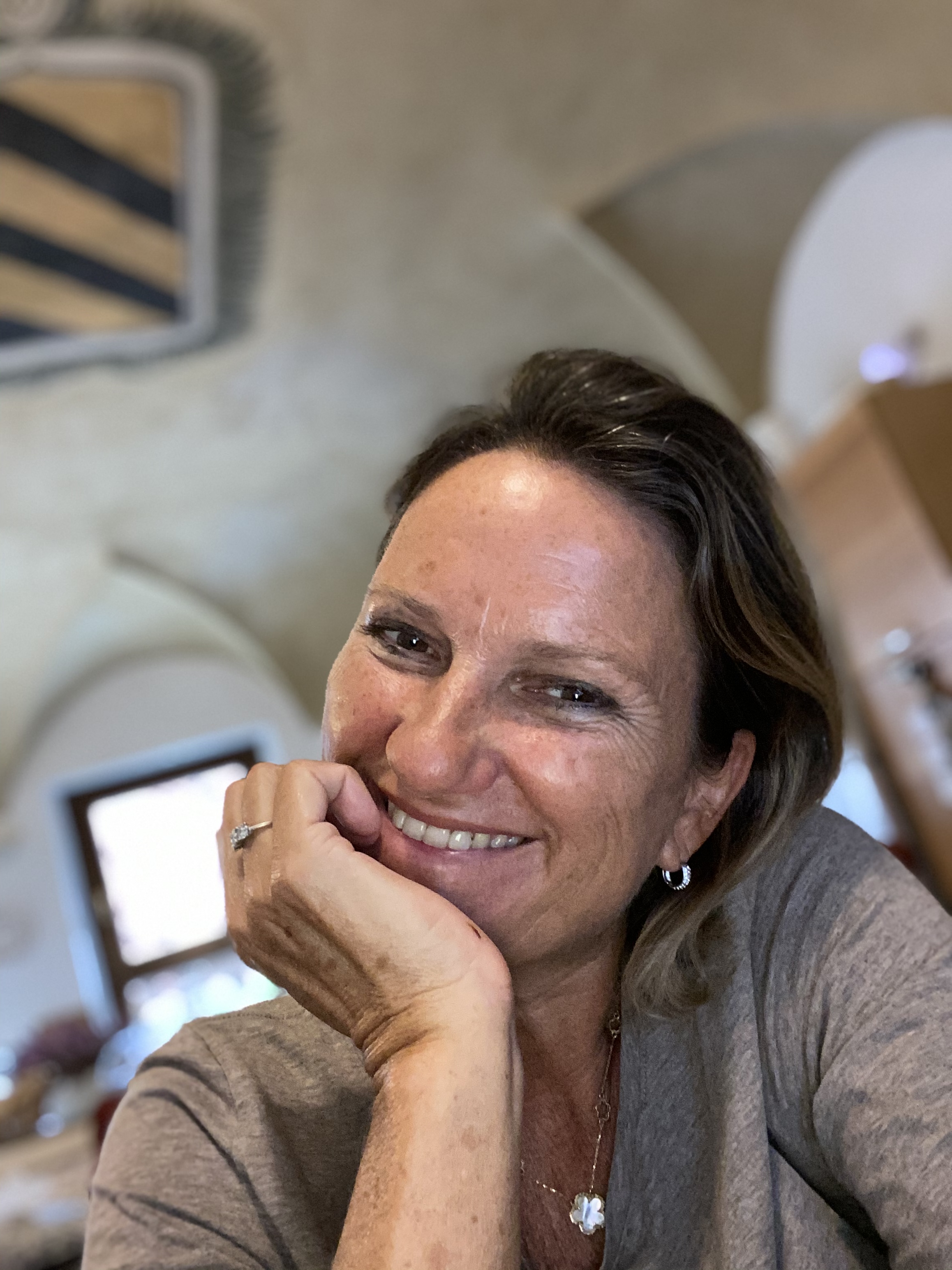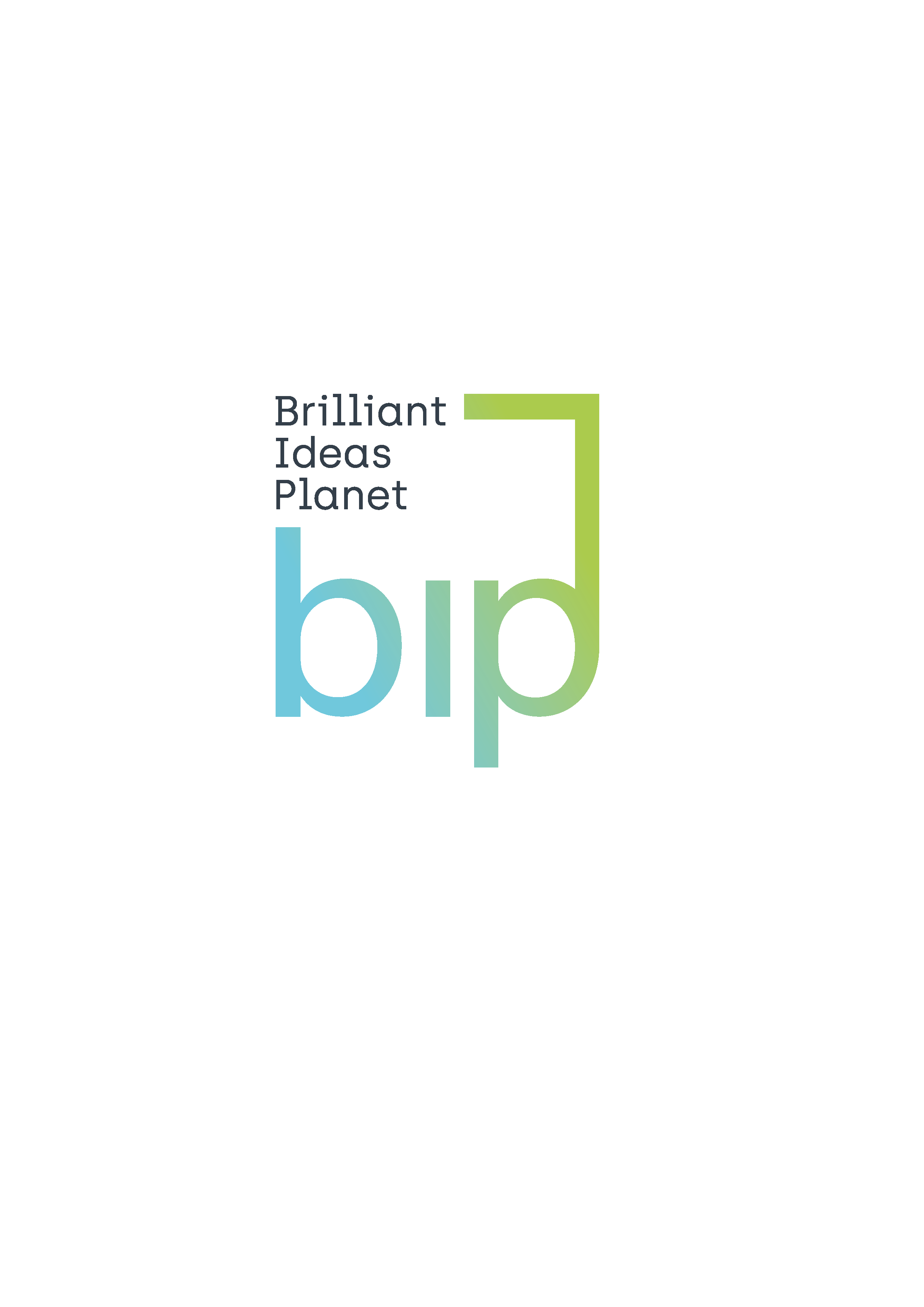Content
Today, we’re speaking with Giorgia Vicari, the founder of Brilliant Ideas Planet, also known as BIP — a global platform that helps make innovative sustainability solutions visible and accessible to all.
She’s here today to share her journey, her vision, and why she believes that every one of us can play a part.
Q1: What inspired you to create Brilliant Ideas Planet?
The idea for Brilliant Ideas Planet grew from a mix of urgency and hope.
As a parent, it’s impossible not to think about the kind of world our children will inherit. The more I learned about the environmental challenges we face, the more I asked myself: What future are we leaving them?
At the same time, I kept encountering incredible innovations — technologies and solutions that could make a real difference. But too often, these ideas remained isolated, their impact limited by lack of visibility and connection.
I realized the problem wasn’t a lack of solutions — it was a lack of coordination. That’s what drove me to act. I wanted to create a space where great ideas could be seen, shared, and scaled — because the time to act is now, and we must not give up hope. Humans are ingenious.
Q2: What was your vision when you started BIP?
My vision was simple: to connect the dots. To help amplify the brilliant, often unknown ideas that are already out there solving environmental problems — and to make them visible, accessible, and usable across the globe – no matter how big or small they are.
That’s why we refer to ourselves as the world’s first DO TANK. There are a lot of platforms out there that host discussion and reflection. But that’s not us. We’re all about making good, planet-positive businesses and progects flourish.
On the flip side, I also wanted to make it really easy for people to find solutions. We humans don’t like change, so if there are too many hurdles to go over, we don’t even start. My goal here was to get rid of these hurdles (time, effort, frustration), and make it easy to do something different – no more excuses.
I’m just like anyone else — I get overwhelmed too. But I’ve always believed in one thing: if you don’t like something, you change it. You take a step. You do. And that’s what BIP is really about — turning frustration into momentum, and giving people the tools to act.
Q3.What kind of companies do you look for to come on BIP?
We welcome a wide range of companies — as long as they are genuinely working toward a more sustainable future
We look for innovators developing solutions that tackle key environmental challenges: from renewable energy, water conservation, and waste reuse to sustainable agriculture, circular economy models, biodiversity protection, green building materials, and more.
Some are startups with breakthrough technologies; others are established companies scaling proven (yet still innovative) solutions. We also include experts — like environmental consultants, scientists and impact-driven architects — because sustainability is not just about products, it’s about rethinking entire systems and making things circluar.
We also involve impact investors and NGO’s.
The common thread is this: they are all contributing, in some way, to building a healthier planet. Whether their solution is big or small, local or global — if it authentically (not just greenwashing) helps us move forward - bringing net positve results, we want it on BIP.
____________________________________________________________________
Q4. How do you check the validity of the companies?
Good question. We have several checks and balances in place. We have clear guidelines, a team of experts that review, and we monitor daily the types of solutions that come on board. If we feel that they are not aligned with what we are trying to accomplish, then we will take them off the site. We want BIP to be seen as a reliable place to go, so it’s in our best interest to make sure the quality is of a certain level. This will be an ongoing challenge for us, we will surely make mistakes, but the intention is to provide a wide range of solutions at different levels of advancement- so as to satisfy all corners of the world. What may be good for you, may not be the right fit for someone in another geogr. It will be up to the final user to choose which one works best for their needs.
_____________________________________________________________________
Q5. Why did you choose so many sectors to work on? That’s a daunting challenge you have set yourself.
Yes it is. Very audacious of us. The fact is, we’re all interconnected on this planet. No one individual, company, sector, or even country is going to be able to fix our global challenges by themselves. We need to work together and I believe there is a lot to be learned from cross-sector pollination.
If you take a more practical look, every company works across multiple sectors. You may be famous for producing x, but your product could also benefit by being associated with better transportation, using the latest advancements on water or waste management, and so on. So, by being on a platform that can keep you up to date on areas that are not your primary concern, is priceless if you ask me.
Q6: Tell us a little bit about some of your favourite companies on BIP.
You’re putting me in a tight spot here. That’s a tough one — I really do love them all! Every company we feature is doing something meaningful, and I’m so happy to have them with us.
Companies that come to mind are Zerocircle , which is creating seaweed-based packaging that’s fully biodegradable and ocean-safe. Imagine the potential to replace plastic packaging in retail, with something that simply disappears back into nature — that’s huge.
Another one I love is Fabumin — they’ve developed a plant-based egg alternative from the water that is used to clean legumes! Who would have ever thought you could create something so useful out of essentially water that was thrown away. It’s not just about creating an ingredient; it’s also about circularity, reducing waste and creating high-value products from what would otherwise be discarded.
Mycocycle is another company I find fascinating. They train and use fungi to break down toxic construction waste and turn it into reusable materials. It’s nature doing the work — a beautiful example of biomimicry and circular thinking.
Then there are those companies that have found ways to make water out of thin air - ranging from Arturo Vittori’s Warka Water Towers in Africa, to highly technical plants like HuProTec that can produce up to 250 000 liters per day! Fantastic discoveries, especially considering the dire straits we’re in regarding water.
I could go on forever.
What excites me most is that the platform is full of practical, scalable ideas — not just concepts or prototypes, but real-world solutions that can be adopted today in other parts of the world. And that’s exactly what the world needs right now. We don’t need to reinent the wheel.
Q7: Who do you hope will use BIP? Who is it for?
The simple response is — everyone. That’s one of the things I love about this project: it’s designed to be open and inclusive.
Of course, we see a lot of interest from businesses — manufacturers looking to reduce waste, companies looking for distributors, developers wanting greener materials, food companies exploring circular packaging, and so on. But it’s not just for industry experts.
BIP is also for local governments, schools, NGOs, even curious individuals who want to make more informed choices. I think a city planner in a small town should be able to come to BIP and discover a better water-saving technology. A restaurant owner should be able to find compostable packaging. A young entrepreneur should be able to get inspired by innovations like Mycocycle or Fabumin.
For me, the heart of it is this: if you care about the future, if you want to take action — BIP is for you. You don’t need to be an expert. You just need to be willing to look for solutions and start making better choices.
And that’s really the spirit I try to bring to the platform. I’m not a scientist, I’m not a policy maker — I’m just someone who cares and wants to do something. And I know a lot of people out there feel the same way.
Q8: What keeps you going when the challenges feel overwhelming?
It’s a good question, because yes — it can feel overwhelming sometimes. The scale of the problems we face can make anyone feel small.
But what keeps me going is a very simple belief: we don’t have the luxury of giving up. And we don’t need to wait for perfect solutions to start making things better.
I always tell people: you don’t have to change everything on your own. But if each of us does our part, the impact is enormous. So I try to stay focused on that — action, progress, and helping connect those who are building the future we need.


